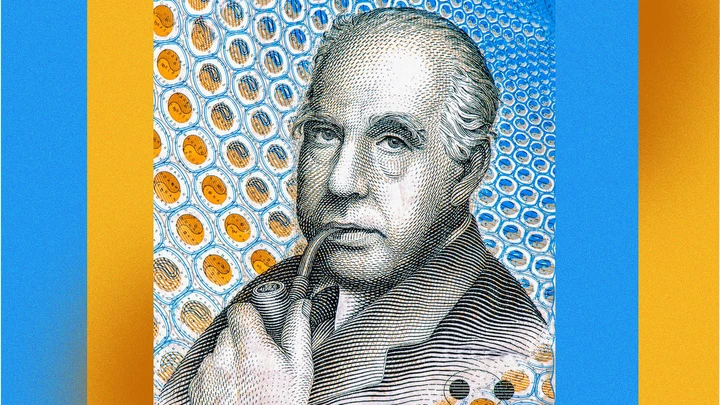When realities clash
Is it possible for something and its contrary to both be true?

View pictures in App save up to 80% data.
I was puzzled to understand Bohr’s meaning. If a “profound” statement is true, how could its opposite be true? When I put the question to a friend of mine, a professor of philosophy at the University of Massachusetts, he replied noncommittally. Good teacher that he is, he wanted me to work it out for myself. So I started thinking harder.
I realized that there are many accurate statements the negative of which is also accurate. For example, “A lot of people like chocolate” is true, and so is “A lot of people don’t like chocolate.” But those aren’t really opposites, since “a lot of people” by definition excludes other people. Besides, Bohr’s aphorism refers to profound opposing truths — he surely had something more in mind than shallow statements of taste or opinion.
Nor was he likely to be merely restating the truism that life is full of seeming paradoxes, many of them captured in proverbs that contradict each other. “Never judge a book by its cover” discounts the importance of external appearances, while “Clothes make the man” emphasizes their importance. “Absence makes the heart grow fonder” articulates an emotional reaction that countless people have experienced — but so does “Out of sight, out of mind.” All such clichés are astute in some situations and clueless in others. Like much folk wisdom, they are context-dependent — not expressions of fundamental and immutable truths.
As I pondered the question, various answers started to form in my mind.
Bohr was a pioneer of quantum theory — a field famous for addressing apparent internal contradictions. For centuries, scientists had debated whether light consisted of waves or of particles. Bohr was among the earliest physicists to understand that both approaches,